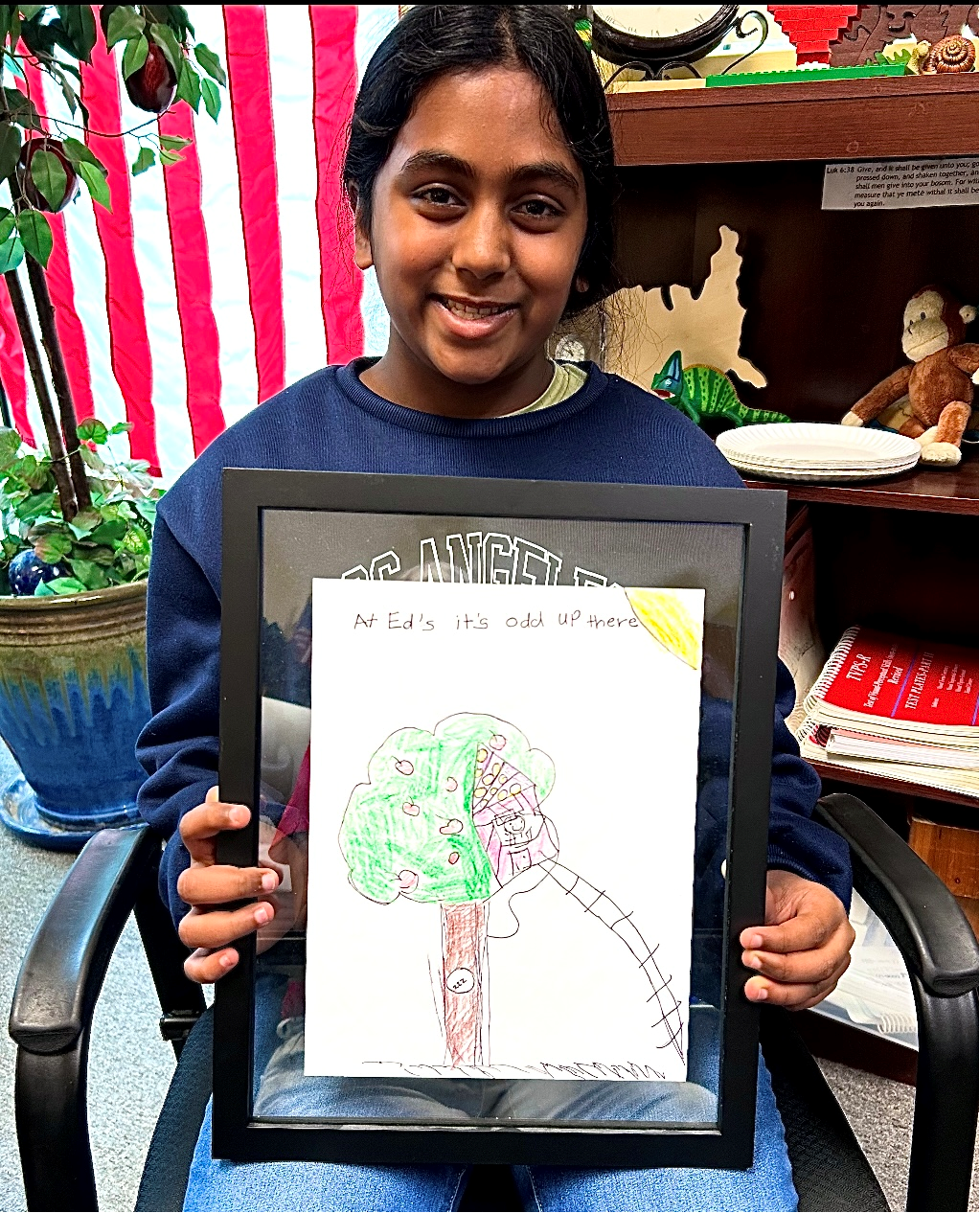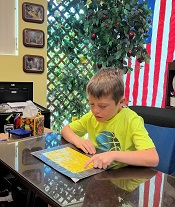Phonological Processing
“Unless Someone Guides Me”
Acts 8: 29 – 31 Then the Holy Spirit said to Philip, “Go near and overtake this chariot.” So Philip ran to him, and heard him (the Ethiopian eunuch) reading the prophet Isaiah, and said, “Do you understand what you are reading?” And he said, “How can I unless someone guides me?” And he asked Philip to come up and sit with him.

There are certain skills that should be acquired by children at specific ages/grades. A good general rule is that by the end of the third grade a child should have the literacy rules so well understood that he has learned how to read. So, by the fourth grade the child will make the transition from “learning to read” to “reading to learn.” The child will be expected to read and understand narratives in various content areas such as history and science. For the child to make this jump into “reading to learn” the child should have progressed through the various specific skills depending on their grade level.
Click on a grade below to see the progression.
- Distinguish words, pair rhyming words
- Understand simple stories
- Understand picture book stories
- Know some letters and shapes
- Sing nursery rhymes
- Know numbers 1-30
- Know the names and shapes of the alphabet
- Use the proper motor pattern for writing letters and numbers
- Be aware of the sounds in words
- Recognize upper and lowercase letters
- Retell stories
- Relate actual events
- Sing and play rhyming games
- Know 10 poems and finger plays by memory
- Know the days of the week
- Read independently on a daily basis
- Identify all letter names and shapes
- Retell stories with logical progression
- Predict the end of stories that are read to him
- Spell basic words and attempt harder ones
- Relate personal stories in logical progression
- Use words with suffixes, prefixes and contractions
- Count and write 1 to 1,000
- Read grade level books independently
- Mastered the basics of phonics (vowels, consonants and syllables)
- Begin to read more difficult words and use them in his writing
- Formulate questions about readings
- Write stories and letters
- Alphabetize words
- Telling time
- Read independently grade level fiction and non-fiction
- Have a knowledge of spelling rules and patterns
- Write paragraphs with good punctuation and spelling
- Summarize and analyze more difficult readings
- Have discussions on readings by drawing on previous learned information
- Read aloud to others with good inflection and intonation
- Recognition of simple subjects, nouns, verbs and adjectives
What if your child or adolescent is delayed?

We want every child to reach his/her full potential and progress from “learning to read” to “reading to learn.”

- Stressing phonemic awareness
- Blending sounds is critical
- Explicit phonemic instruction is more helpful than implicit instruction
- Using different strategies for expanding word meanings
- Giving children prerequisite/background knowledge for new stories
- Providing questions before, during and after reading stories
- Teaching analogies

